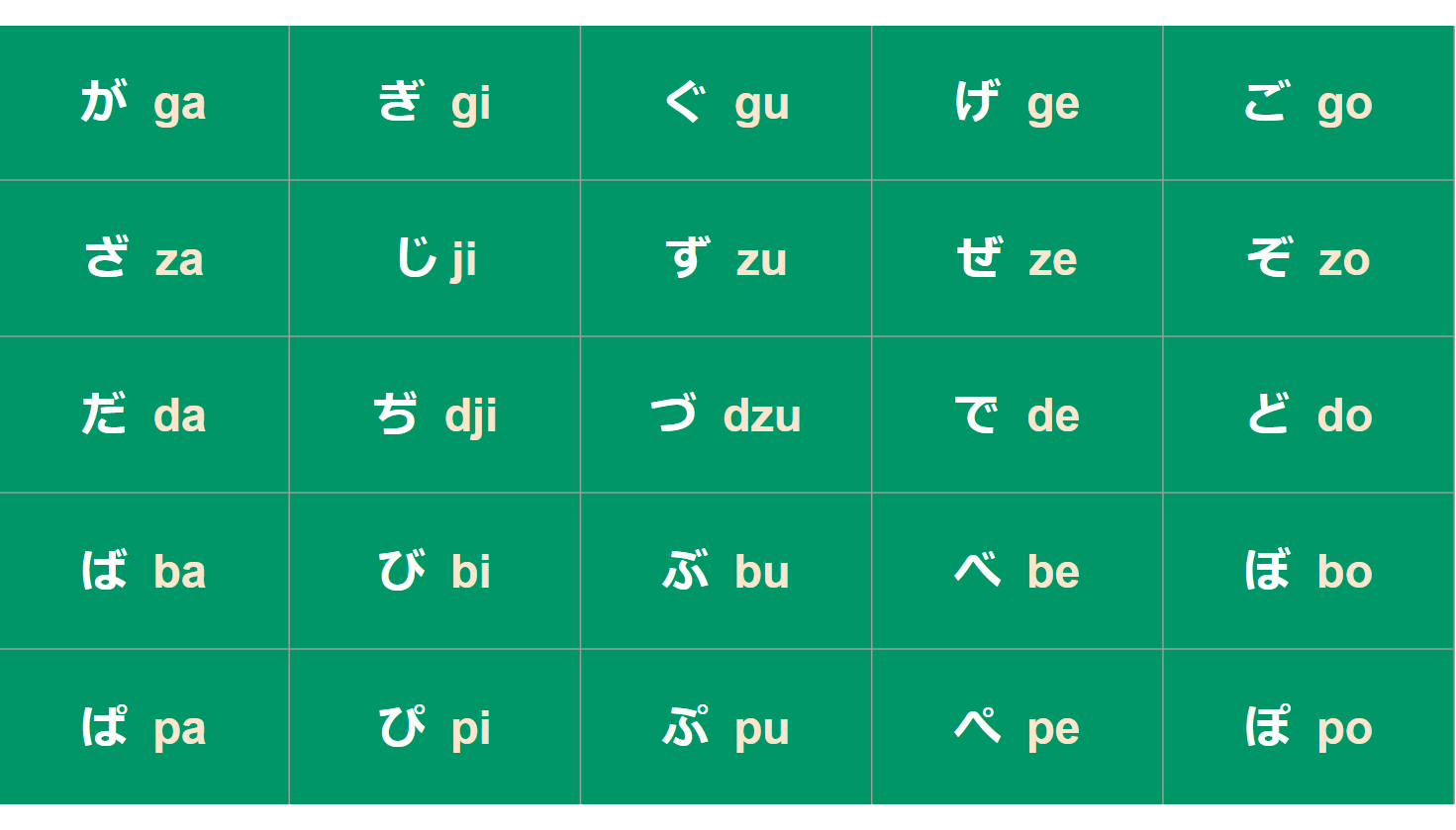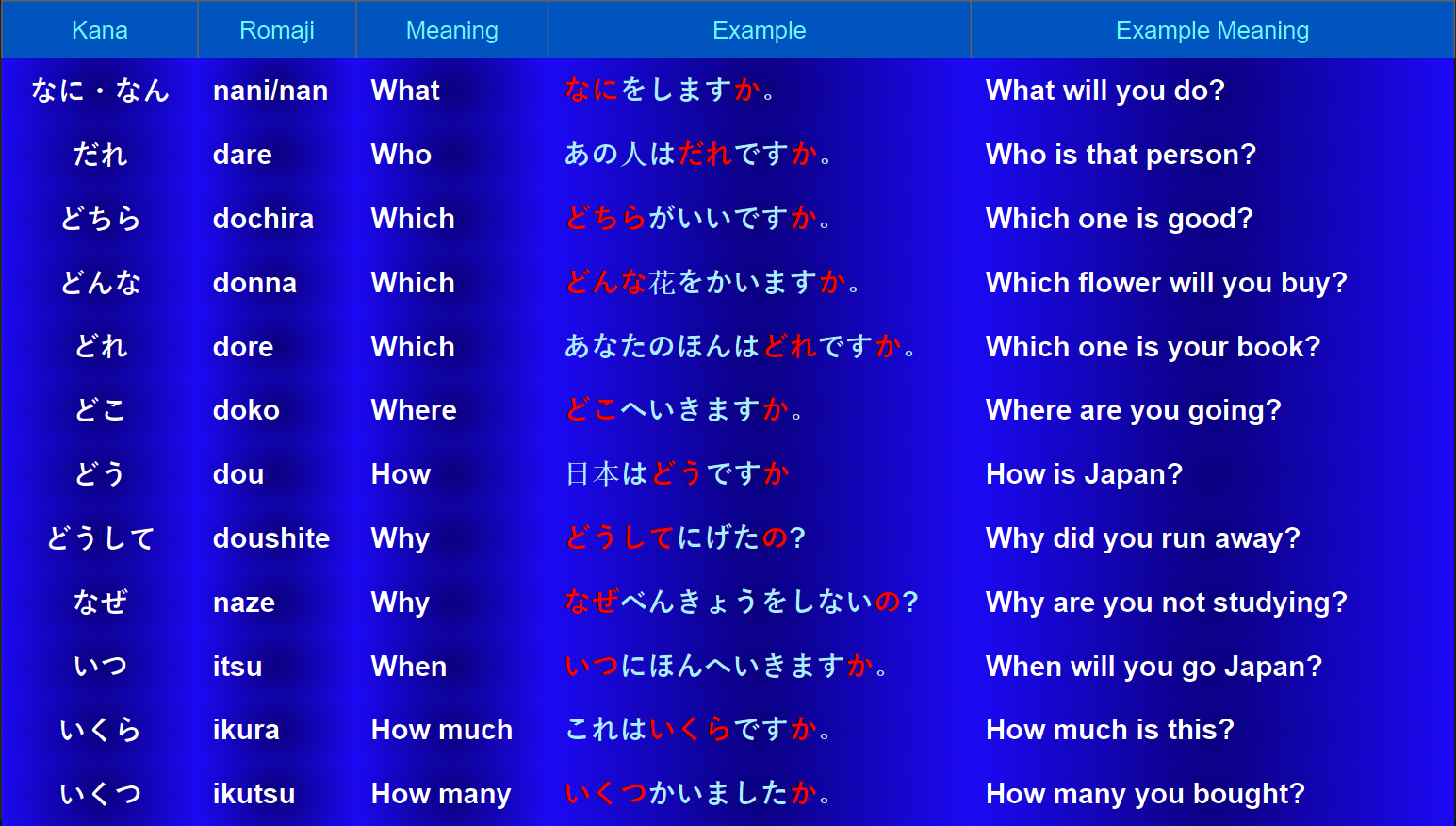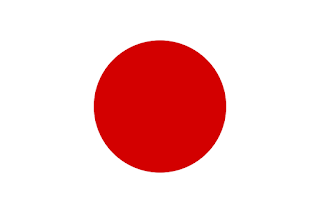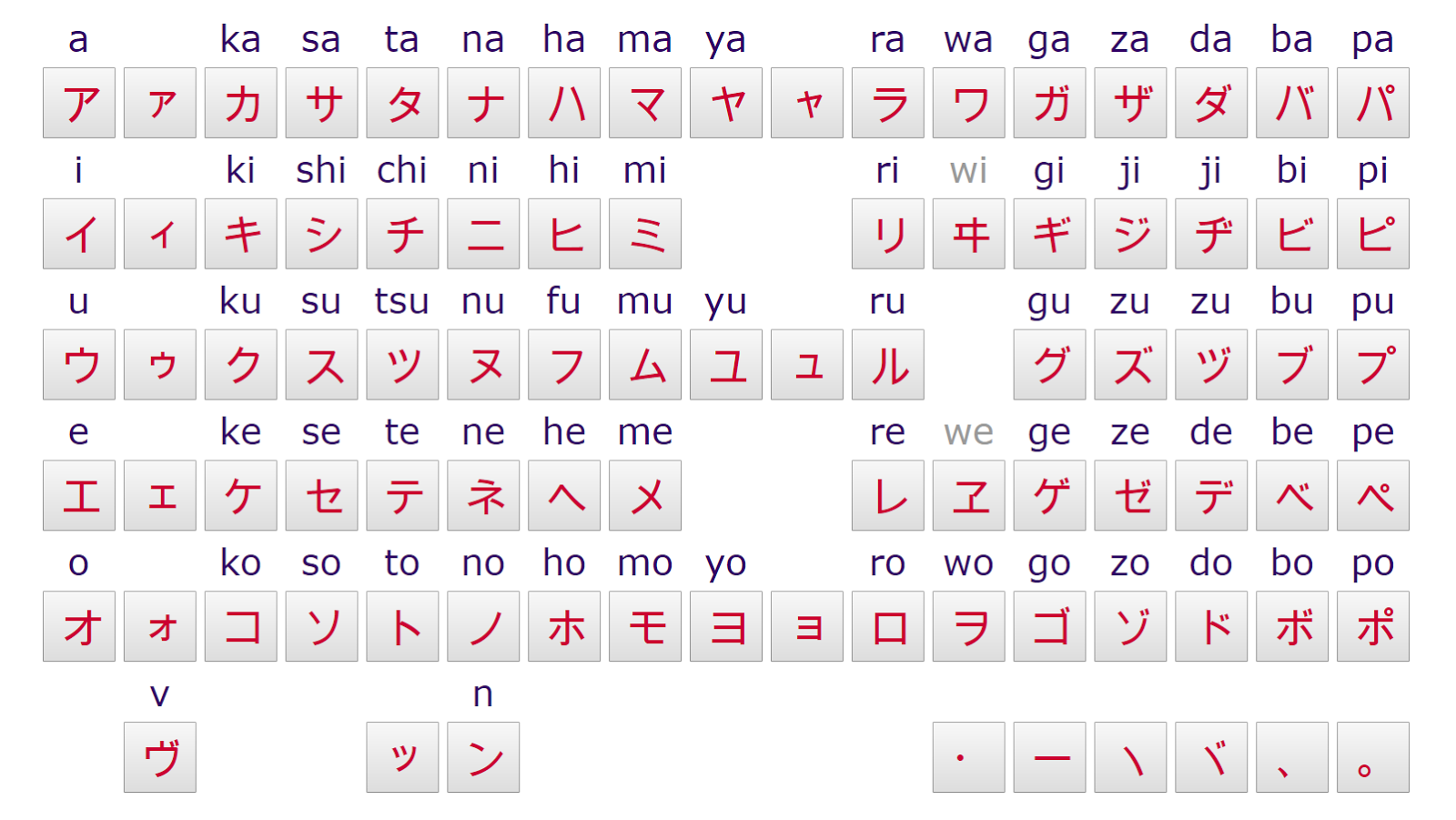JLPT N5 Lesson 23: Japanese Verbs Past Tense Negative Forms

「~なかった」- Past Negative Form
In the present tense, when we transform a verb to a negative form, the verb always ends with「~ない」form, and before adding 「ない」with the verb, as you may already know, the stem of the verb also may have some changes. For example, よむ => まない, where「む」=> 「ま」and then we have added 「ない」to make the negative form of this verb in present tense. However, if you know the negative form of any verb in present tense, then transforming that verb to past negative tense is a pretty easy task, just simply take out the 「い」portion from the 「ない」ending, and add 「かった」, which means 「ない」will become 「なかった」. This conjugation rules will be applicable to all verbs. The picture above shows some examples of changing Japanese verbs from dictionary-form to 「た」form (plain past form), 「ない」form (present negative form) and 「なかった」form (past negative form).Plain Form
More examples - plain (informal) past negative verb conjugation:ある (to exist, existance of non-living things) => あった => ない => なかった
いる (to exist, existance of living things) => いった => いない => いなかった
だ (verb to be) => だった => ではない => ではなかった
会(あ)う (to meet) => 会った => 会わない => 会わなかった
学(まな)ぶ [to learn] => 学んだ => 学ばない => 学ばなかった
休(やす)む [to rest] => 休んだ => 休まない => 休まなかった
言(い)う [to say] => 言った => 言わない => 言わなかった
出(で)る [to leave] => 出た => 出ない => 出なかった
生(い)きる [to live] => 生きた => 生きない => 生きなかった
入(はい)る [to enter] => 入った => 入らない => 入らなかった
買(か)う [to buy] => 買った => 買わない => 買わなかった
立(た)つ [to stand] => 立った => 立たない => 立たなかった
話はな)す [to speak] => 話した => 話さない => 話さなかった
Note: Please pay more attention to these three verbs: ある, いる and だ (polite form:あります, います, andです ), as the forms of these verbs are a bit tricky.
Example sentences:
わたしは きのう何も食べなかった。= I did not eat anything yesterday.なぜ今日(きょう)のしゅくだいをしなかったの? = Why did not you do your homework today?
どうして来(こ)なかったの?= Why didn't you come?
わたしはそのえいがを見(み)なかった。= I did not watch that movie.
かれはそのほんをよまなかった。= He did not read that book
けさはコーヒーをのまなかった。= This morning (I) did not drink coffee.
Polite Form

In this illustration, the counjucation are shown for some common verbs, to show you how we can convert a 「ます」 form verb into a past tense negative form verb.
More examples - polite (formal) past negative verb conjugation:
あります (to exist, existance of things) => ありました => ありません => ありませんでした
います (to exist, existance of living things) => いました => いません => いませんでした
です (verb to be) => でした => ではありません => ではありませんでした
会(あ)います (to meet) => 会いました => 会いません => 会いませんでした
学(まな)びます [to learn] => 学びました => 学びません => 学びませんでした
休(やす)みます [to rest] => 休みました => 休みません => 休みませんでした
言(い)います [to say] => 言いました => 言いません => 言いませんでした
出(で)ます [to leave] => 出ました => 出ません => 出ませんでした
生(い)きます[to live] => 生きました => 生きません => 生きませんでした
入(はい)ります [to enter] => 入りました => 入りません => 入りませんでした
買(か)います [to buy] => 買いました => 買いません => 買いませんでした
立(た)ちます [to stand] => 立ちました => 立ちません => 立ちませんでした
話(はな)します [to speak] => 話しました => 話しません => 話しませんでした
Example sentences:
わたしは きのう何も食べませんでした。= I did not eat anything yesterday.なぜ今日(きょう)のしゅくだいをしませんでしたか。 = Why did not you do your homework today?
どうして来(き)ませんでしたか。= Why didn't you come?
わたしはそのえいがを見(み)ませんでした。= I did not watch that movie.
かれはそのほんをよみませんでした。= He did not read that book
けさはコーヒーをのみませんでした。= This morning (I) did not drink coffee.
This lesson is up to here, hope you have enjoyed it. Thank you.
JLPT N5 Resources: Vocabulary Lists:
- JLPT N5 Resources - Vocabulary List - 01
- JLPT N5 Resources - Vocabulary List - 02
- JLPT N5 Resources - Vocabulary List - 03
- JLPT N5 Resources - Vocabulary List - 04
- JLPT N5 Resources - Vocabulary List - 05
- JLPT N5 Resources - Vocabulary List - 06
- JLPT N5 Resources - Vocabulary List - 07
- JLPT N5 Resources - Vocabulary List - 08
- JLPT N5 Resources - Vocabulary List - 09
- JLPT N5 Resources - Vocabulary List - 10
- Lesson 1: Why Japanese Language
- Lesson 2: JLPT N5 Introduction
- Lesson 3: Hiragana Part 1
- Lesson 4: Hiragana Part 2
- Lesson 5: Katakana Part 1
- Lesson 6: Katakana Part 2
- Lesson 7: Kanji Part 1
- Lesson 8: Japanese Everyday Greetings
- Lesson 9: Japanese Particles Introduction
- Lesson 10: Grammar Time
- Lesson 11: Verb Basic
- Lesson 12 - Vocabulary
- Lesson 13 - Grammar - Verb: Part 2
- Lesson 14 - Kanji - Part 2
- Lesson 15 - Grammar - Verb: Part 03
- Lesson 16 - Grammar: Verb Part 04
- Lesson 17: Telling Time
- Lesson 18: Telling Date
- Lesson 19: Counting
- Lesson 20: Asking Questions
- Lesson 21: Verb Te Form
- Lesson 22: ~TAI vs HOSHII










Comments
Post a Comment